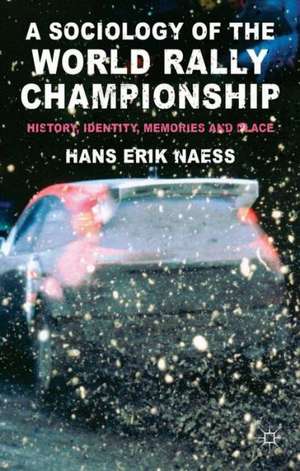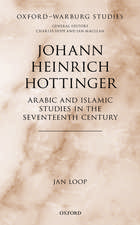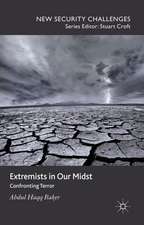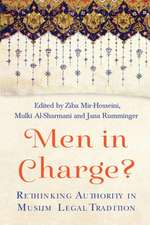A Sociology of the World Rally Championship: History, Identity, Memories and Place
Autor H. Naessen Limba Engleză Hardback – 19 sep 2014
| Toate formatele și edițiile | Preț | Express |
|---|---|---|
| Paperback (1) | 384.09 lei 43-57 zile | |
| Palgrave Macmillan UK – 2014 | 384.09 lei 43-57 zile | |
| Hardback (1) | 391.61 lei 43-57 zile | +214.55 lei 6-12 zile |
| Palgrave Macmillan UK – 19 sep 2014 | 391.61 lei 43-57 zile | +214.55 lei 6-12 zile |
Preț: 391.61 lei
Nou
74.94€ • 77.95$ • 61.87£
Carte tipărită la comandă
Livrare economică 14-28 aprilie
Livrare express 08-14 martie pentru 224.54 lei
Specificații
ISBN-10: 1137405430
Pagini: 260
Ilustrații: XI, 260 p.
Dimensiuni: 140 x 216 x 23 mm
Greutate: 0.5 kg
Ediția:2014
Editura: Palgrave Macmillan UK
Colecția Palgrave Macmillan
Locul publicării:London, United Kingdom
Cuprins
1. Introduction: The Paradox of Commercialisation 2. The Promotional Context 3. Imagining the Story 4. The Sense of Place in Rallying 5. The Spectator Culture of Rallying 6. The Legacy of WRC Cars 7. Heroes behind the Wheel 8. The WRC's Promotional Value
Notă biografică
Hans Erik Næss is a Research Fellow in Sociology at the University of Oslo, Norway. He is affiliated with the interdisciplinary research programme CULTRANS (Cultural Transformation in the Age of Globalization). His blog, Thrills and Spills: Sociology goes to the FIA World Rally Championship, can be found here: http://hanserikness.blogspot.no/
Descriere
Drawing upon interviews with key people in the World Rally Championship as well as trans-local ethnographic research, this book explores questions of commerciality and sporting identity, tackling the sport's controversial handling of the shift into 'the commercial age'. It is essential reading on combining sporting heritage and commercial progress.














